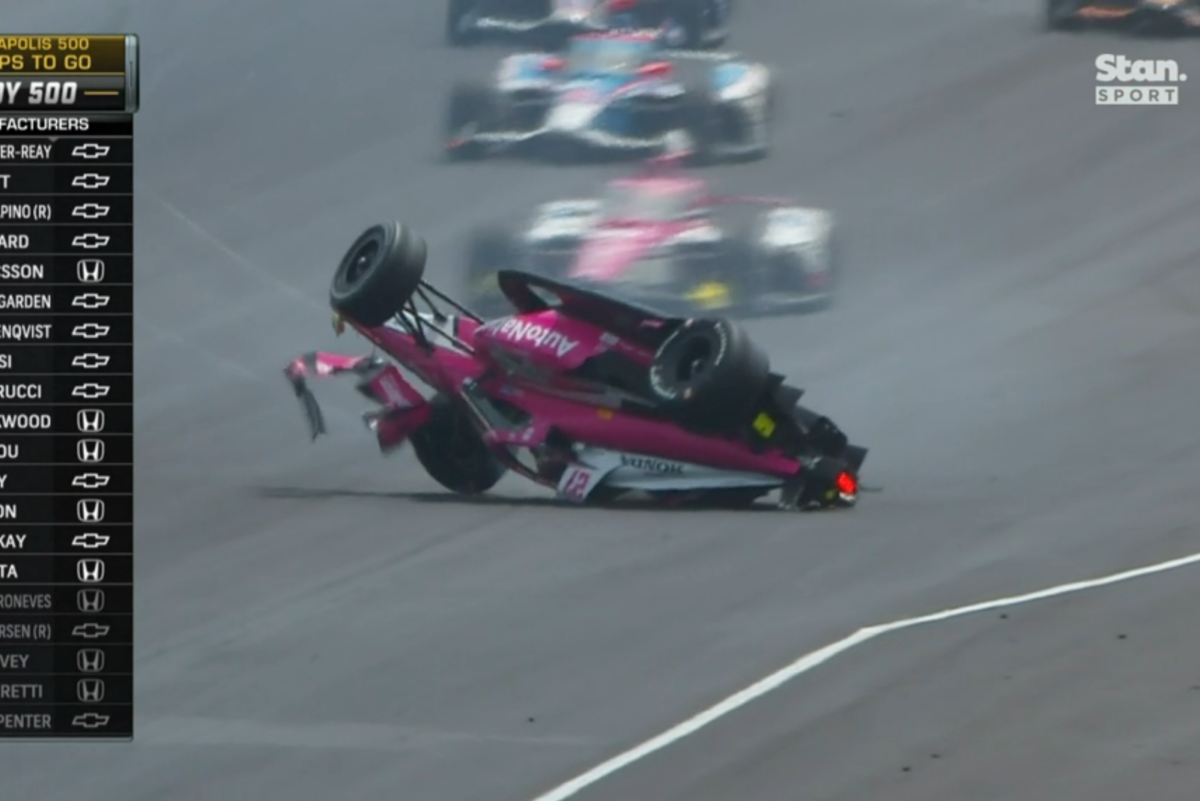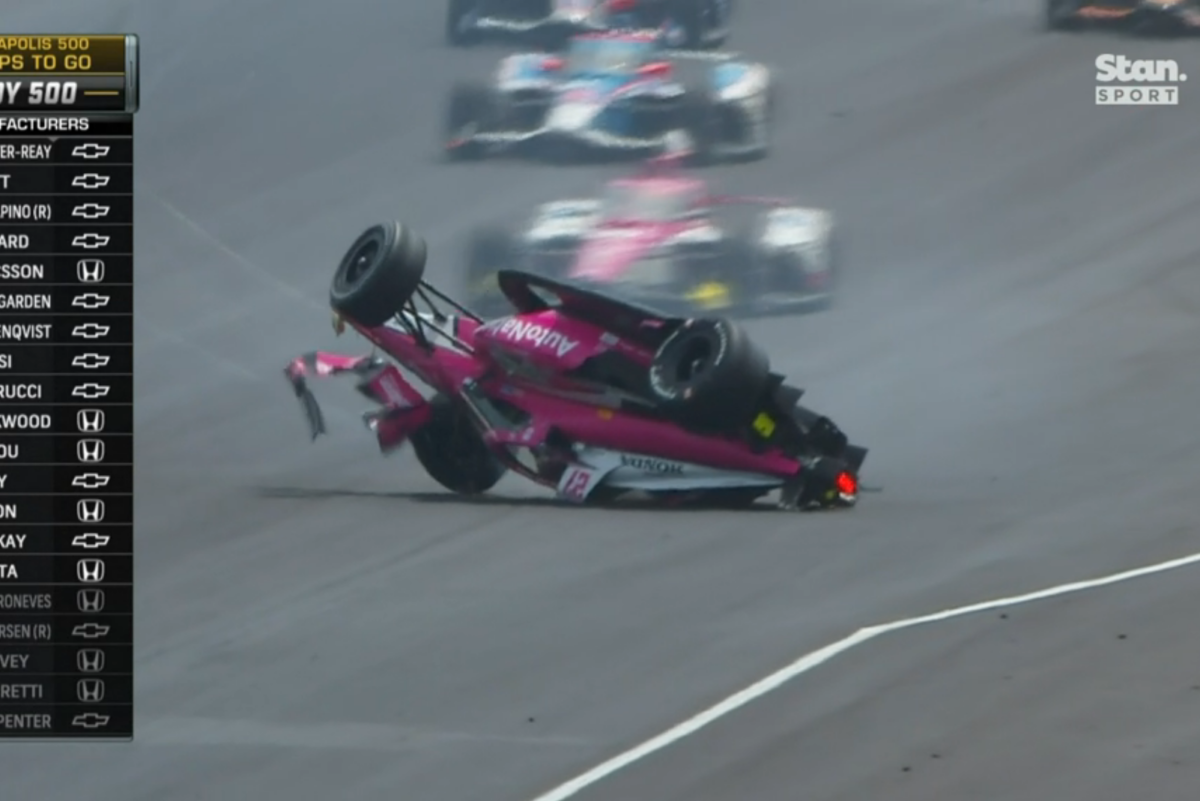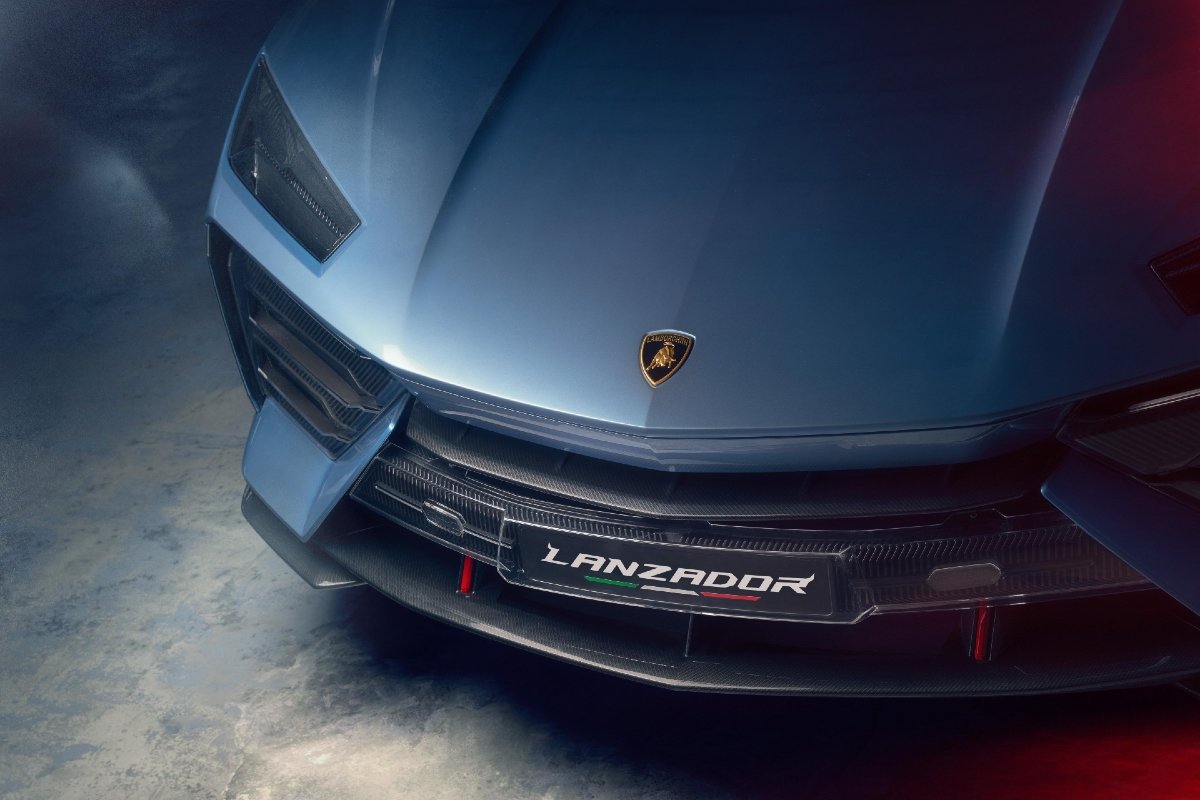

IndyCar will introduce a new wheel bearing retaining nut at this weekend’s Iowa double-header in response to a frightening incident at the Indianapolis 500.
The Iowa races are the first on an oval since the Month of May, when the left-rear wheel from Kyle Kirkwood’s Andretti Autosport entry flew over the catch fence and hit a spectator’s parked vehicle as a result of a three-car incident.
Roger Penske, who owns IndyCar and Indianapolis Motor Speedway, described the incident as “very concerning” before the category announced days later that the wheel tether in question did not fail.
Now, it has advised that a new spec of rear wheel bearing retaining nut will become mandatory from Iowa.
The part, currently being distributed to teams, was developed in conjunction with Dallara following a “meticulous review” of the Indy 500 incident and is claimed to have 60 percent more strength than the old design.
“Dallara continues to be a tremendous partner of the NTT IndyCar Series,” said IndyCar President Jay Frye.

“Their thorough review process of the incident between the #6 [Felix Rosenqvist] and the #27 [Kirkwood] at Indianapolis Motor Speedway began immediately and included an extensive recreation at their headquarters in Italy.
“IndyCar takes safety very seriously. This update is an important step in making sure an incident like this does not happen again.”
Dallara CEO Stefano dePonti remarked, “It is Dallara’s mission, along with IndyCar and all of the racing series we work with, to maintain and continuously improve safety based upon the highest standards.
“After completing a detailed analysis of the accident during this year’s Indy 500, together with IndyCar we have reached the conclusion that the outcome was the consequence of an unusual and never experienced set of circumstances.
“Nevertheless, we have developed and produced new components that will increase the strength of the corner in case the unlikely sequence of events repeats itself.”
Practice for the weekend’s two, 250-lap races takes place on Friday (Saturday morning AEST).





















Discussion about this post